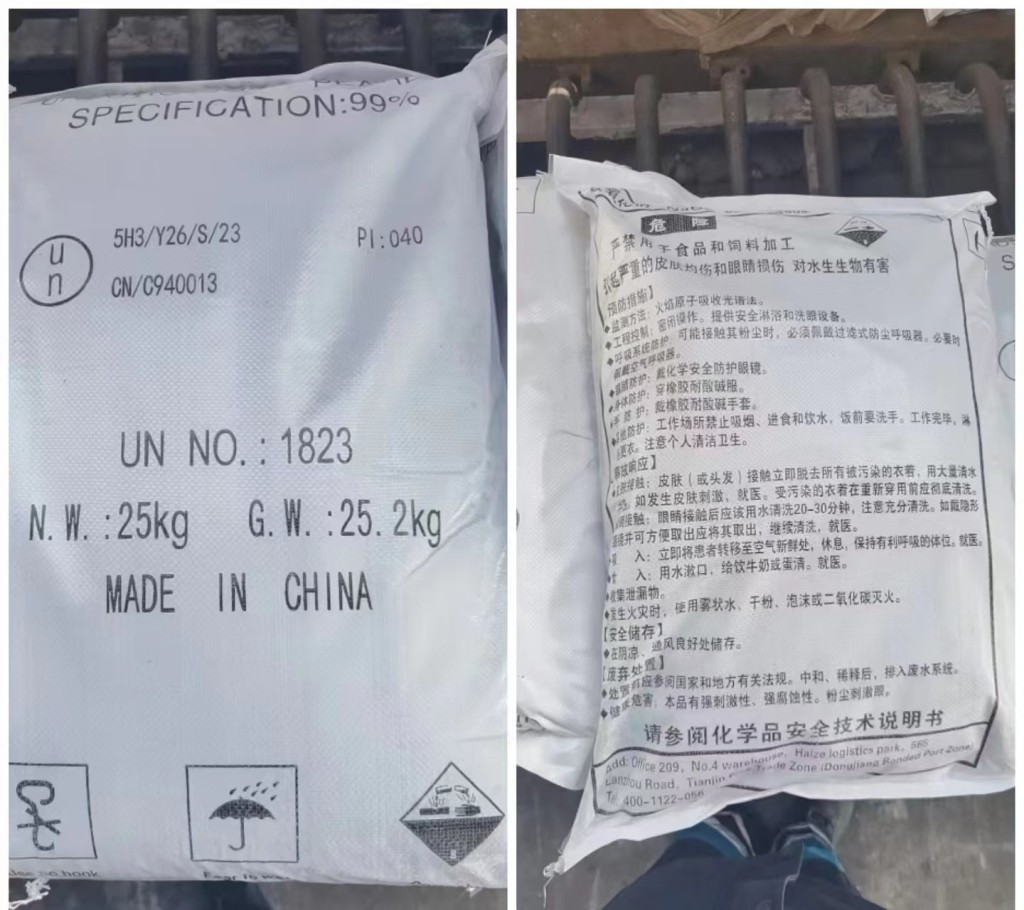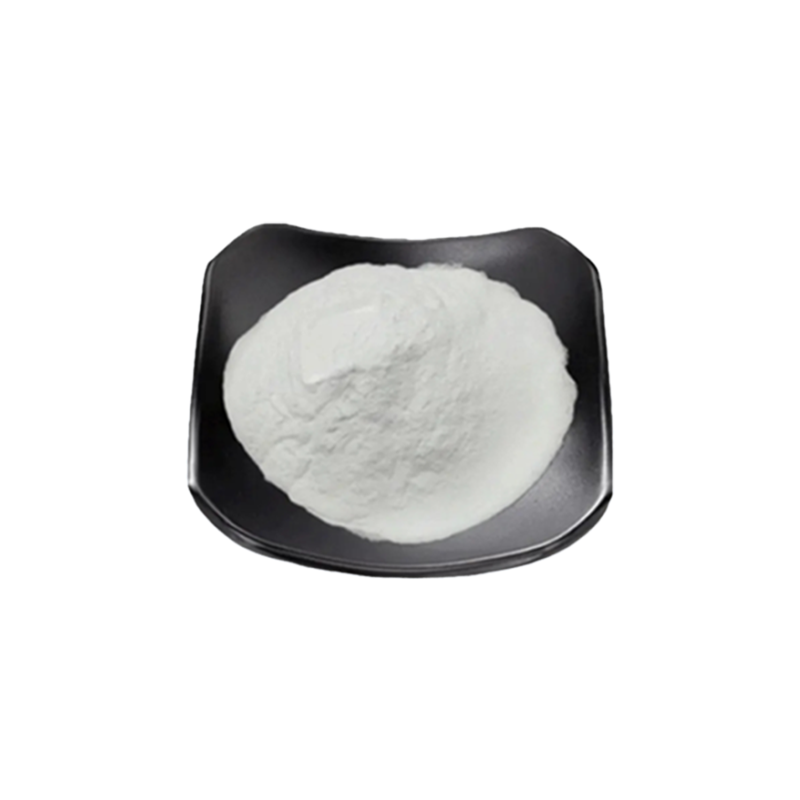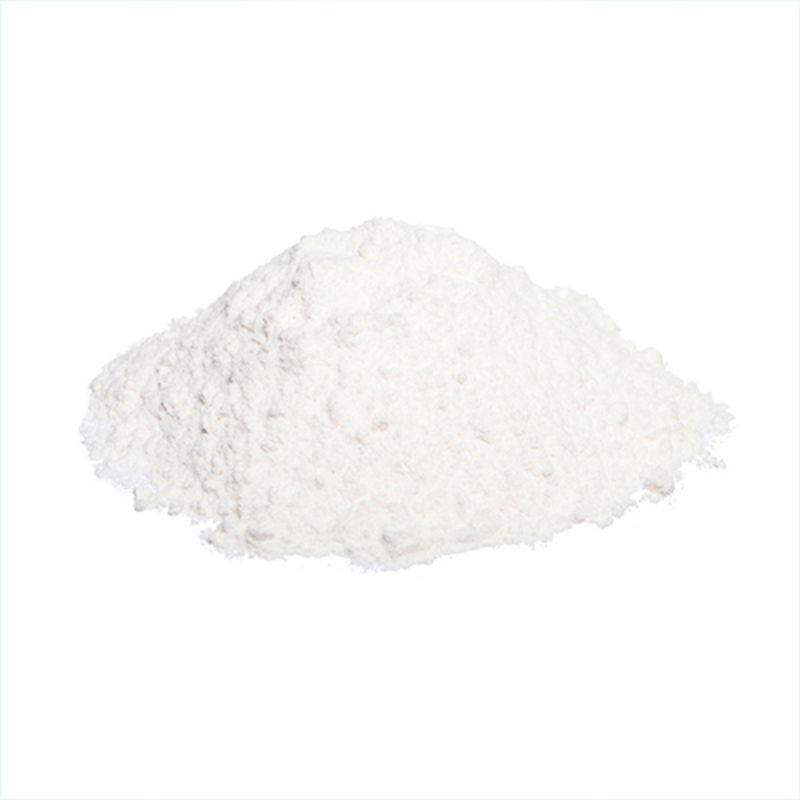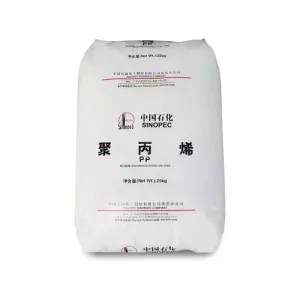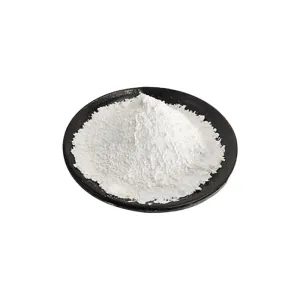India Chem 2022: Change of mindset necessary to drive growth in petrochemicals
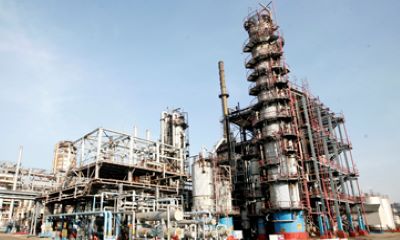
Few of the key challenges for the petrochemicals industry including tough regulatory barriers, lack of clarity on adoption of greener options and no incentives to set up more domestic production units remain unaddressed at the moment. Experts who gathered on the sidelines of ‘India Chem 2022’, The 12th Biennial International Exhibition and Conference in New Delhi, raised a host of issues.
‘Conclave on Global Petrochemicals Industry' at the event on November 03, 2022 witnessed the policymakers and industry captains discuss the global outlook, key trends, and synergy between the regions to develop the petrochemical Industry.
“From the position of import to being the largest petroleum exporter globally, we have come a long way. It was possible only because of the support from the government. We want to repeat the same success story in petrochemicals. There is a huge demand of 12 million tonnes and each year it grows by a million or two. Many petchem plants are coming up in China, Vietnam, Abu Dhabi.an dother places which provides the options to companies. The steps taken by the government are in positive direction and hopefully more will be done to encourage the industry. If we have to work seriously, we have to encourage the industry to set up units. Industry is expecting support in terms of reducing tariff and non-tariff barriers besides schemes such as Production Linked Incentives (PLI). We also expect a roadmap for energy transition up to 2070 as currently there is uncertainty,” said Prabh Das, Chairman- FICCI Petrochemicals Committee and MD & CEO, HMEL Mittal.
“While we are happy that a lot of players are putting up polypropylene and polyethylene plants, it does cause a lot of waste as well. Of course there are various ways you can send it back but there are a lot more challenges. These challenges are not so much technological but sourcing the right kind of feedback and not having the undesired things in it. I feel that the industry, especially manufacturing and packaging, needs to come together and have it in such a way that puts a recycling system in place. The biggest thing in recycling as we are looking at it is the thermal pyrolysis of this plastic. We thermally do the pyrolysis and they use it as the feedstock through a chemical complex. There are some other ways of doing the solution recycling but requires a lot more ways of doing things. We talk about recycling of materials from wherever, we have no idea what is going to come. Therefore, we will need a lot of technologies to address it,” said Rajesh Samarth, Vice President – Managing Director, Lummus Technology.
When we talk about innovation, there are three major areas we look at. One is energy, economics and environment, especially when we talk about the industry perspective and academia perspective. In that case we must see the viability of various products in the robust growth of the chemical sector. Major impetus should be given to recycling, reuse, rethinking etc. When we engage in rethinking, we will surely pursue the matters such as biodegradability of polymers, different aspects of our environment and so on. When we think about R&D development of a new product, it should be related to the market research and factors such as energy, environment and economics,” said Dr Shishir Sinha, Director General, CIPET.
“There is a mindset that petrochemicals by and large mean polyethylene and polypropylene. We keep on doing comparisons with China even when there are miles to go. China is four times bigger in polyethylene and six time bigger than polypropylene. There is a lopsided view that all ethylene should go to these two whereas the other industries that also ought to grow couldn’t do so. If we look at PVC, China is 18 times bigger than India. There is no acrylonitrile producer that exists in India while 44 lakh tonnes of ABS plastic is made using acrylonitrile. We are ready to double our production as here is a demand for downstream products but again the challenge is raw material. In polypropylene oxide, China is 79 times bigger than us. These molecules might be smaller but are required a lot. We are convincing the government to encourage the production of ethylene production. Encouraging a large number of smaller players will also generate a lot of employment which is the need of the hour,” said Deepak C Mehta, Chairman and Managing Director, Deepak Nitrite.
“Since we are a carbon based industry, the word ‘Decarbonization’ doesn’t really augur well for us. We can rather prefer ‘Net Zero’ or 'Low carbon Technology’ oriented. Carbon is the most valuable molecule when you place it next to hydrogen. It has high importance in purification and if you isolate it, it looks like the biggest villain. We have a role as an industry to not only deliver ourselves but the world. Chemical industry must focus on low intensity water and electricity besides low carbon technologies. It has already happened during Covid situation,” said Janardhanan Ramanujalu, Vice President, Regional Head- South Asia & Australia, SABIC India.
“It is imperative for us as an industry to convince people that polymers are the best products. Educating people about the role of a consumer in recycling is important at the same time. It needs massive education and other countries have achieved it. There is a big example of how Sweden had to import waste as they had run out of it. There are countries which have set an example and adopt the existing models,” said Gurinder Singh, MD, Opal
“India today is the India in transition. We are making efforts to increase exploration. Our refining capacity that is currently at 252 million tonnes per annum is likely to go up to the 400 million tonnes per annum in next few years. We are also transiting from fossil fuels based energy to greener options such as solar, wind, compressed gas and ethanol based biofuels. The per capita consumption of petrochemicals in India stands at one tenth of global average. India’s import in petrochemicals stands at 45% which is highest in the manufacturing industry. Our ministry is committed to helping in domestic production of petrochemicals, said Hardeep S Puri, Minister of Petroleum and Natural Gas & Housing and Urban Affairs, Ministry of Petroleum and Natural Gas.
The demand for petrochemicals is only going to grow further. The direct route of crude oil to petrochemicals is a new mantra and players are moving to that. Hope we will be able to meet the demands of the industry,” said Arun Baroka, Secretary (Chemicals and Petrochemicals), Ministry of Chemicals & Fertilizers.
Talking about the trends in petrochemical industry, Azzah Fawzi, Partner, PwC Dubai who moderated the session said: Indian petrochemical industry should capitalize on seven megatrends to innovate a sustainable, digital and technology enabled future. These include robust growth in petrochemicals, increasing feedstock diversification, integration across the value chain and change in product state, sustainability and circular economy, import substitution for petrochemicals and intermediates, digitization and new technologies, and shifting M&A landscape.”
Register Now to Attend NextGen Chemicals & Petrochemicals Summit 2024, 11-12 July 2024, Mumbai
Recommended Suppliers
 June 3, 2024
June 3, 2024  June 3, 2024
June 3, 2024  June 17, 2024
June 17, 2024  June 18, 2024
June 18, 2024  June 18, 2024
June 18, 2024 

